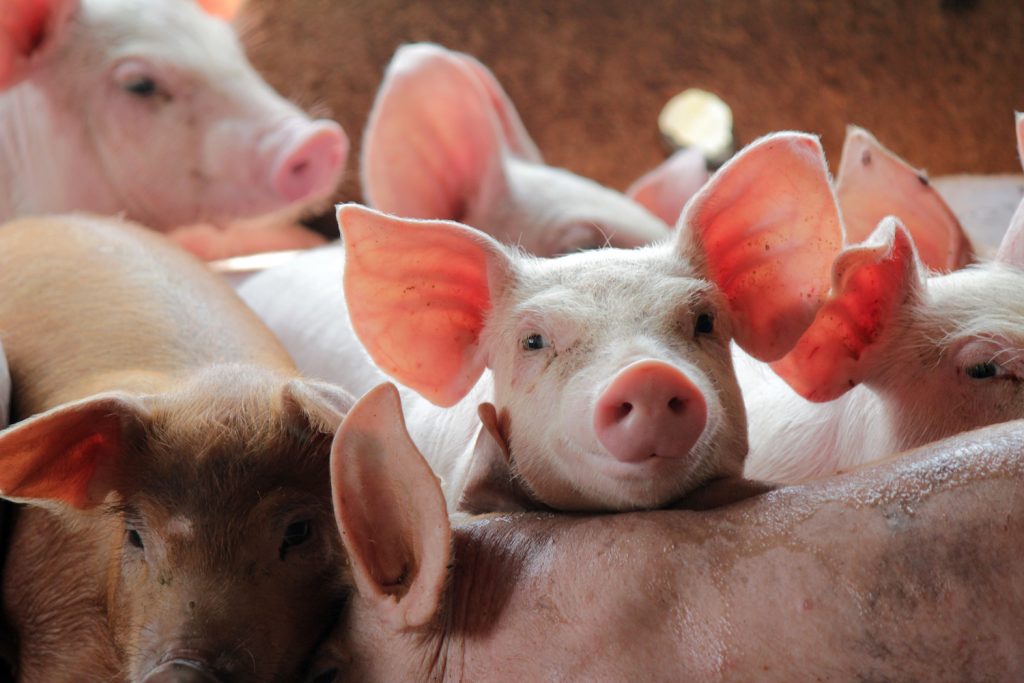African swine fever vaccine protects 100 per cent of trial pigs
26th May 2020
Scientists from the Pirbright Institute say they are one step closer to finding a vaccine for African swine fever, as a recent trial found all immunised pigs were protected from severe disease.
Scientists from the Pirbright Institute say they are one step closer to finding a vaccine for African swine fever, as a recent trial found all immunised pigs were protected from severe disease.
Case fatality rates for ASF reach up to 100 per cent and the devastating disease is continuing to spread through Eastern Europe and Asia. It resulted in the deaths of more than seven million pigs worldwide last year, and disrupted trade systems that are intertwined with the pork industry.
Currently the only methods of control are stringent biosecurity measures and the culling of susceptible animals.
The Pirbright Institute developed a ‘vectored’ vaccine, which uses a non-harmful virus to deliver eight strategically selected genes from the ASF virus genome into pig cells. Once inside the cell, the genes produce viral proteins to prime the pig immune cells to respond to ASF infection.
All pigs that received the vaccine were prevented from severe disease after infection with an otherwise fatal strain of ASFV, but some clinical signs of disease did develop.
The UK’s chief veterinary officer Christine Middlemiss, described the trial results, published in Vaccine, as “a very encouraging breakthrough”.
“While there has never been an outbreak of African swine fever in the UK, we are not complacent and already have robust measures in place to protect against animal disease outbreaks,” she added.
Head of the ASF Vaccinology Group Dr Chris Netherton said: “It is very encouraging to see that the genes we have selected are able to protect pigs against ASF. Although the pigs showed clinical signs of infection after challenge with the virus, our study has shown for the first time that a vectored vaccine against ASF is a realistic possibility.”
The vaccine will also allow differentiation between infected animals and those that received a vaccine. It is an important feature as it allows vaccine programmes to be developed without sacfricing the ability to trade.
“Our next step will be to uncover the mechanisms behind how the proteins produced by the virus genes stimulate the immune system so we can refine and add to those included in the vaccine to improve effectiveness,” Dr Netherton added.

